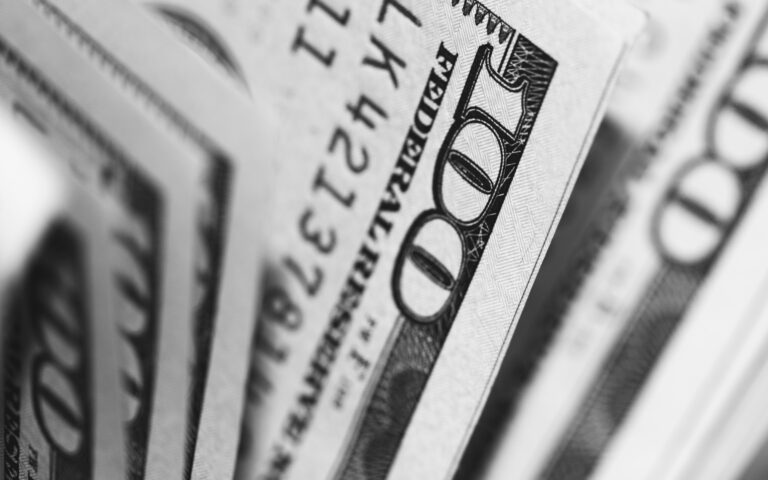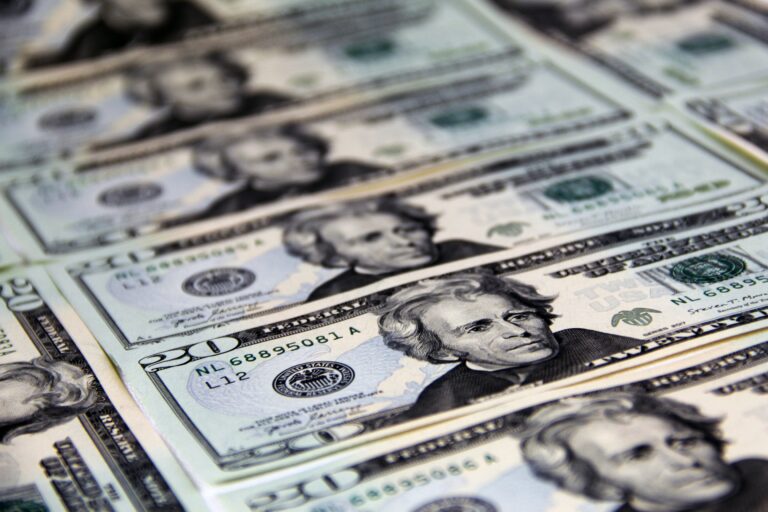
Japanese Election: Stocks up, Yen down
Discussion and Analysis by Charles Porter:
The triumph of the Liberal Democratic Party (LDP) and Japanese Prime Minister, Shinzo Abe, over the weekend has driven the Japanese stock market skyward and the exchange rate downward. Whilst the certainty of a freshly mandated national government usually affords a domestic currency with value, the specific brand of PM Abe’s premiership explains the Yen’s downturn. Following our analysis preceding this weekend’s Japanese election on a Liberal Democratic win, we revisit the election result.
Yesterday, the Japanese public headed to polling stations across the nation to elect its 48th House of Representatives. The snap election, the fourth that Abe has successfully contested, provided a mandate for the incumbent coalition between the LDP and the Komeito party to resume governing through its super majority. Achieving more than 310 seats within the 465 seat House, the coalition has the potential to, and will, control over two-thirds of the house. The democratic result seals the deal for Shinzo Abe to aggressively pursue his preferred policy path.
The abnormal circumstances surrounding the election, notably its surprise timing and the idiosyncratic decisions made by its candidates, has been joined by further abnormal effects within equity and foreign exchange markets. The consolidation of a likely result usually rewards the domestic currency with greater value and, dependent upon the preferred policy stance of the successful candidate, allows concomitant gains for the associated equity market. However, this has certainly not happened. The Japanese stock market has rallied, with the Japanese Yen steadily losing value up to and following Abe’s success.
For a candidate that is putting the economy, and secondly the consolidation of national democracy, at the forefront of his now certain premiership, a devaluation of the national currency following an above-expectation result is certainly extraordinary. The reason concerns Abe’s addressal of the systemic Japanese macroeconomic problem.
The problem, as Princeton and Nobel Prize-winning economist and Japan specialist, Paul Krugman, points out is the deflationary pressure and low growth that the Japanese economy has endured for decades. Periods of severe deflation, an extremely concerning and eschewed macroeconomic reality, have gripped the Japanese political economy sporadically throughout the period. The solution that Krugman points to is an increase in the money supply and general stimulus; big time.
The Bank of Japan has this capacity. Either through the rapid acquisition of vast amounts of governmental or private debt, the Bank can increase the money supply, thereby increasing the lending facility of private banks, financing government expenditure, and generally increasing the availability of credit and the circulation of money.
This brand of macroeconomic and political guidance is exactly that endorsed by the successful candidate, Shinzo Abe and the Liberal Democratic Party. Whilst this may ultimately be what Japan needs in the long-run to finally escape its deflationary and recessionary pendulum, it is nevertheless damaging to foreign exchange markets.
Ultimately, the self-branded policy set, “Abenomics” that Mr Abe has begun throughout his previous term amounts to ultra-accommodative monetary policy and fiscal stimulus. Whilst seeking popularity with a trifecta including structural reform and wage growth, the heart of Abenomics is bipartite and consists of monetary easing and government spending.
As many of my articles have explained, loose monetary policy leads to a depreciation of the exchange rate by increasing the supply of money and decreasing the reward for investment. The former lowers the effective price of the domestic currency whilst the latter decreases its attractiveness from outside and within; thereby leading investors and savers to look elsewhere for their currency exposure. Therefore, it is ultimately unsurprising that the confirmation of and lead up to Abe’s success was characterised by consistent gains on the Nikkei, the Japanese stock market, and consistent losses for the Yen.
A refreshed mandate for this band of Liberal Democratic rule may be positive for the long-run success of Japan; clearly the retention of a super majority goes some way to proving the popularity of Abe. Whilst such accommodative monetary policy may lead to an undervaluation of the Yen for a considerable time, the characterisation of the Yen as a safehaven currency, at least for now, will always leave it with interesting, if uncertain, value.

USDJPY – the appreciation of the Dollar against the Yen has been pronounced whilst the electoral certainty of another Abe win increased. The brand of Abenomics, relying first and foremost upon fiscal stimulus and expansionary monetary policy, has depreciated the Yen against its counterparts.
Related Insights

Daily Brief – Weren’t Tariffs USD Negative?
Weren’t Tariffs USD Negative? The Dollar proved sensitive to headlines regarding trade during the US overnight session. However, contrary to what many commentaries would have you believe, as the risk of tariffs escalated the Dollar rose. The 90-day pause following Trump’s April ‘liberation day’ tariffs had been set to expire this coming Wednesday. To the […]

Daily Brief – Dollar Reserves
Dollar Reserves With the passing of Trump’s original deadline for the reimposition of liberation day tariffs yesterday, markets have breathed a sigh of relief. July VIX futures continued to slide lower. Moreover, what may surprise anyone who had been expecting the issue of tariffs to resurface following the passing of Trump’s new deadline, so too […]

Daily Brief – Big Girls Don’t Cry
Big Girls Don’t Cry A bond market tantrum and one of the sharpest one day sell offs in Sterling for several years appear to have been catalysed by the Chancellor’s appearance in PMQs yesterday. First: the back story. This Labour government has faced some embarrassment in recent weeks trying to get its welfare bill through […]


 Charles Porter
Charles Porter